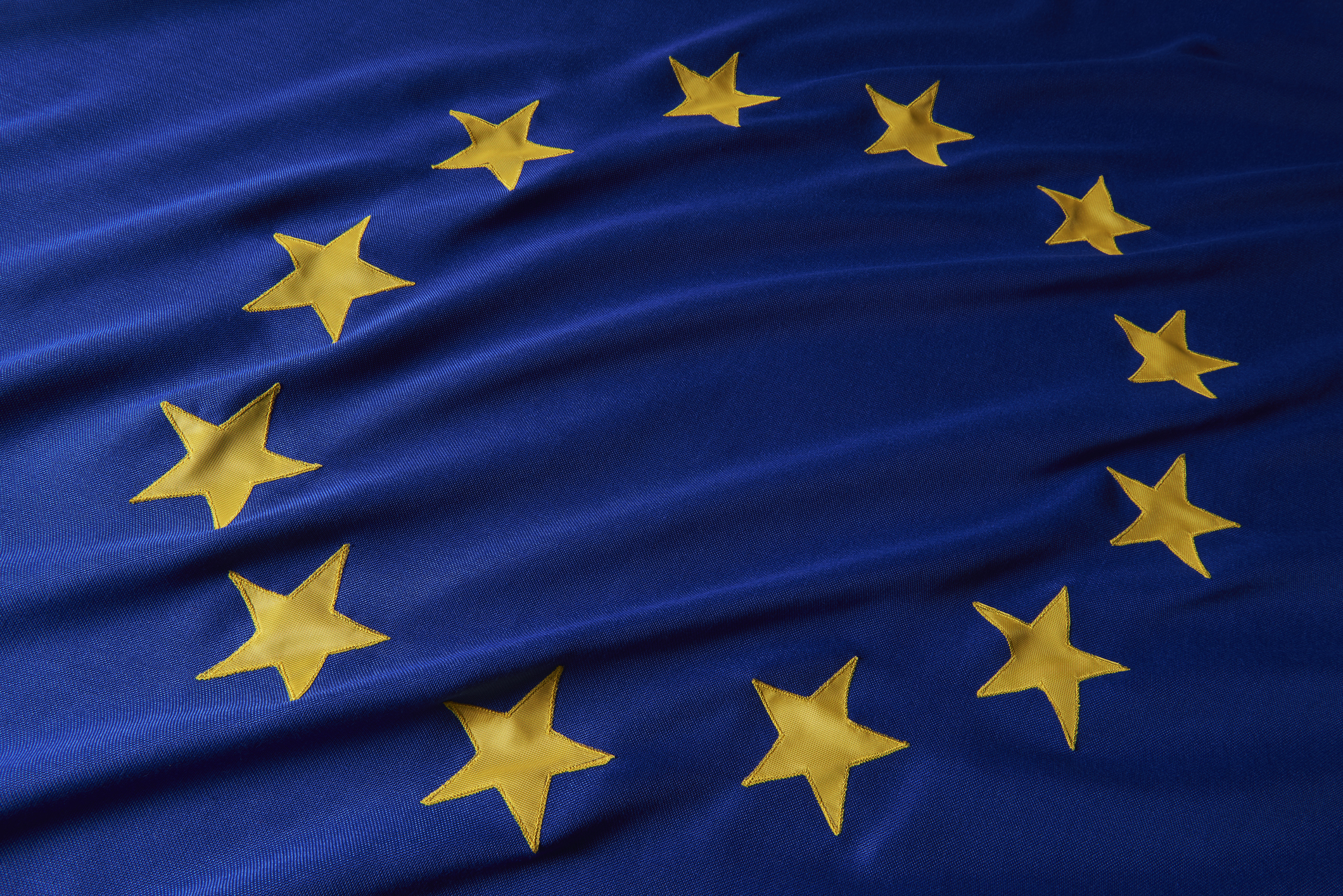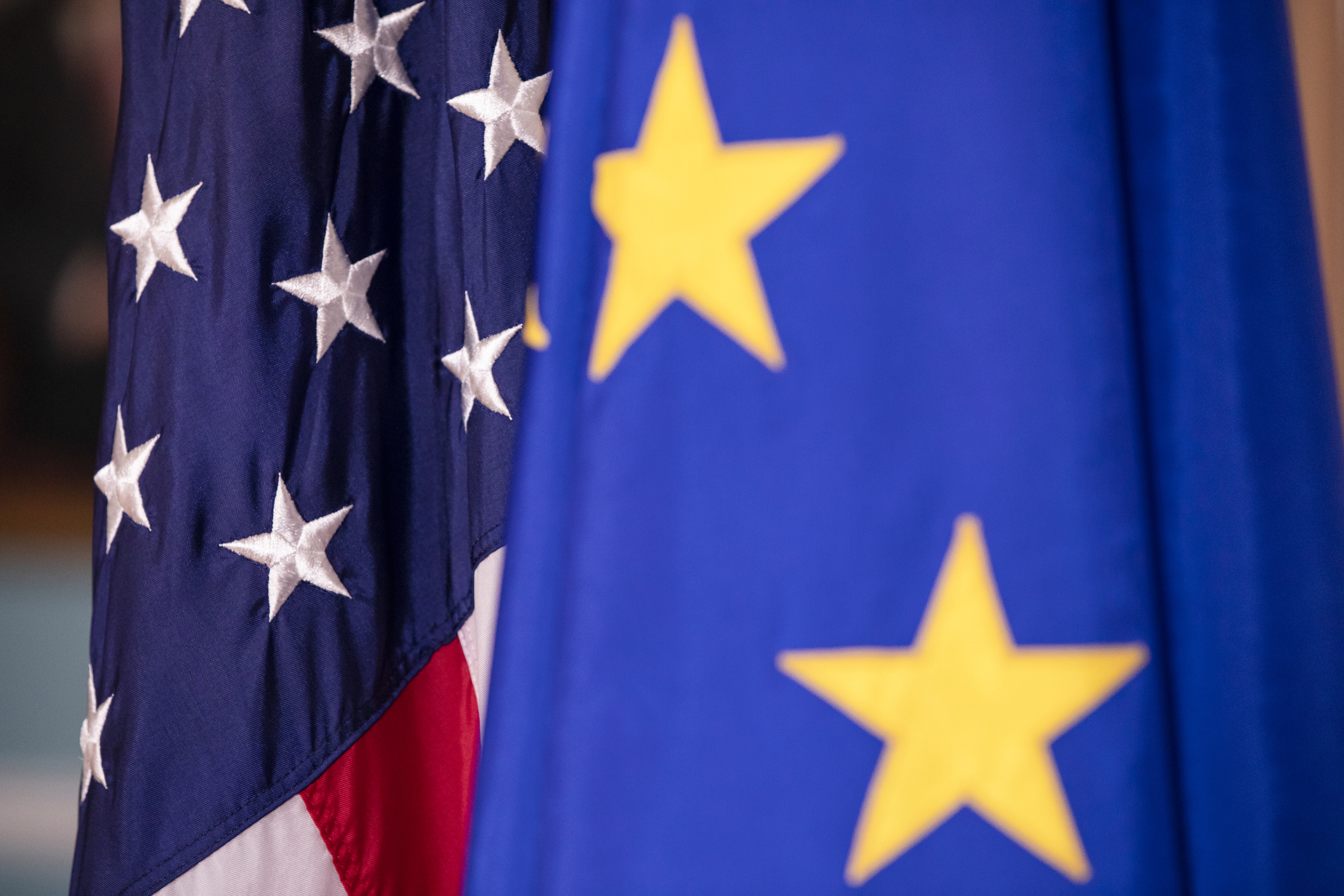Three abolishes international roaming costs in seven countries
Mobile operator confirms customers travelling to certain countries will not have to pay extra for using their phones.

Three has become the first mobile operator to abolish international roaming charges for UK customers travelling to seven countries.
The Feel At Home scheme, as Three has dubbed it, means customers that travel to Australia, Italy, Denmark, Austria, Sweden, Hong Kong and the Republic of Ireland will not have to pay extra charges for using their phones while abroad.
You'll be able to use your phone just as you did before and with no extra charges and no nasty surprises on your bill when you get home.
It is expected the scheme will be widened to include more countries as time goes on.
The company announced the move in a blog post, and explained that any calls or text messages customers make will be covered by their usual allowance.
"Just carry on as you were. It's that easy. If you have 5,000 texts in your package you can text 5,000 times from Australia, if you really want to," the blog post explained.
If customers do exceed the limits of their plans while abroad, they will be charged "special roaming rates", which Three claims will be lower than its standard roaming rate.
Feel at Home will be open to pay-as-you-go, contract, mobile broadband and business customers, confirmed Three, and will not require any action from users to take hold.
Get the ITPro daily newsletter
Sign up today and you will receive a free copy of our Future Focus 2025 report - the leading guidance on AI, cybersecurity and other IT challenges as per 700+ senior executives
"You'll just arrive in a Feel At Home country, wait for your phone to pick up any local network and away you go," the blog post continued.
"You'll be able to use your phone just as you did before and with no extra charges and no nasty surprises on your bill when you get home."
Three's announcement follows on from the European Commission's declaration of intent last week about cutting roaming costs across Europe.
A European roaming cap came into force on the 1 July 2013. This reduced the cap on voice calls to 24 cents per minute and reduced the cost per MB to 45 cents.
Neelie Kroes, vice president of the European Commission, is said to have wanted to reduce the cost of voice calls to 3 cents (2.56p) per minute between July 2014 and June 2022.
Reports suggested Kroes' plans to reduce the cost of roaming further had been shelved last week, although this was denied by a European Commission spokesperson last week.
-
 Bigger salaries, more burnout: Is the CISO role in crisis?
Bigger salaries, more burnout: Is the CISO role in crisis?In-depth CISOs are more stressed than ever before – but why is this and what can be done?
By Kate O'Flaherty Published
-
 Cheap cyber crime kits can be bought on the dark web for less than $25
Cheap cyber crime kits can be bought on the dark web for less than $25News Research from NordVPN shows phishing kits are now widely available on the dark web and via messaging apps like Telegram, and are often selling for less than $25.
By Emma Woollacott Published
-
 ‘Europe could do it, but it's chosen not to do it’: Eric Schmidt thinks EU regulation will stifle AI innovation – but Britain has a huge opportunity
‘Europe could do it, but it's chosen not to do it’: Eric Schmidt thinks EU regulation will stifle AI innovation – but Britain has a huge opportunityNews Former Google CEO Eric Schmidt believes EU AI regulation is hampering innovation in the region and placing enterprises at a disadvantage.
By Ross Kelly Published
-
 The EU just shelved its AI liability directive
The EU just shelved its AI liability directiveNews The European Commission has scrapped plans to introduce the AI Liability Directive aimed at protecting consumers from harmful AI systems.
By Ross Kelly Published
-
 A big enforcement deadline for the EU AI Act just passed – here's what you need to know
A big enforcement deadline for the EU AI Act just passed – here's what you need to knowNews The first set of compliance deadlines for the EU AI Act passed on the 2nd of February, and enterprises are urged to ramp up preparations for future deadlines.
By George Fitzmaurice Last updated
-
 EU agrees amendments to Cyber Solidarity Act in bid to create ‘cyber shield’ for member states
EU agrees amendments to Cyber Solidarity Act in bid to create ‘cyber shield’ for member statesNews The EU’s Cyber Solidarity Act will provide new mechanisms for authorities to bolster union-wide security practices
By Emma Woollacott Published
-
 The EU's 'long-arm' regulatory approach could create frosty US environment for European tech firms
The EU's 'long-arm' regulatory approach could create frosty US environment for European tech firmsAnalysis US tech firms are throwing their toys out of the pram over the EU’s Digital Markets Act, but will this come back to bite European companies?
By Solomon Klappholz Published
-
 EU AI Act risks collapse if consensus not reached, experts warn
EU AI Act risks collapse if consensus not reached, experts warnAnalysis Industry stakeholders have warned the EU AI Act could stifle innovation ahead of a crunch decision
By Ross Kelly Published
-
 Three quarters of UK firms unprepared for NIS2 regulations, study finds
Three quarters of UK firms unprepared for NIS2 regulations, study findsNews Senior management can be held personally liable for non-compliance under NIS2 rules
By Ross Kelly Published
-
 US-UK data bridge: Everything you need to know
US-UK data bridge: Everything you need to knowNews The US-UK data bridge will ease the complexity of transatlantic data transfers
By Ross Kelly Published